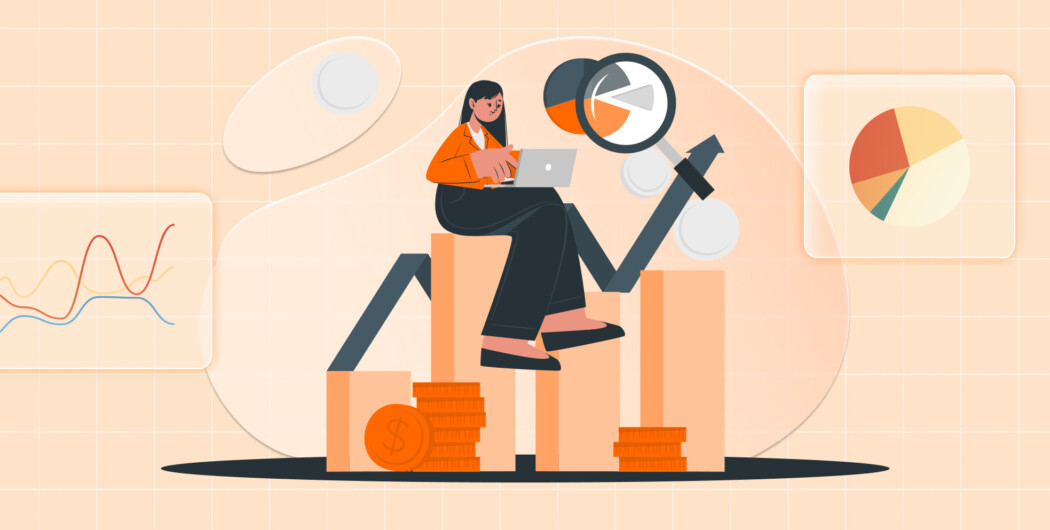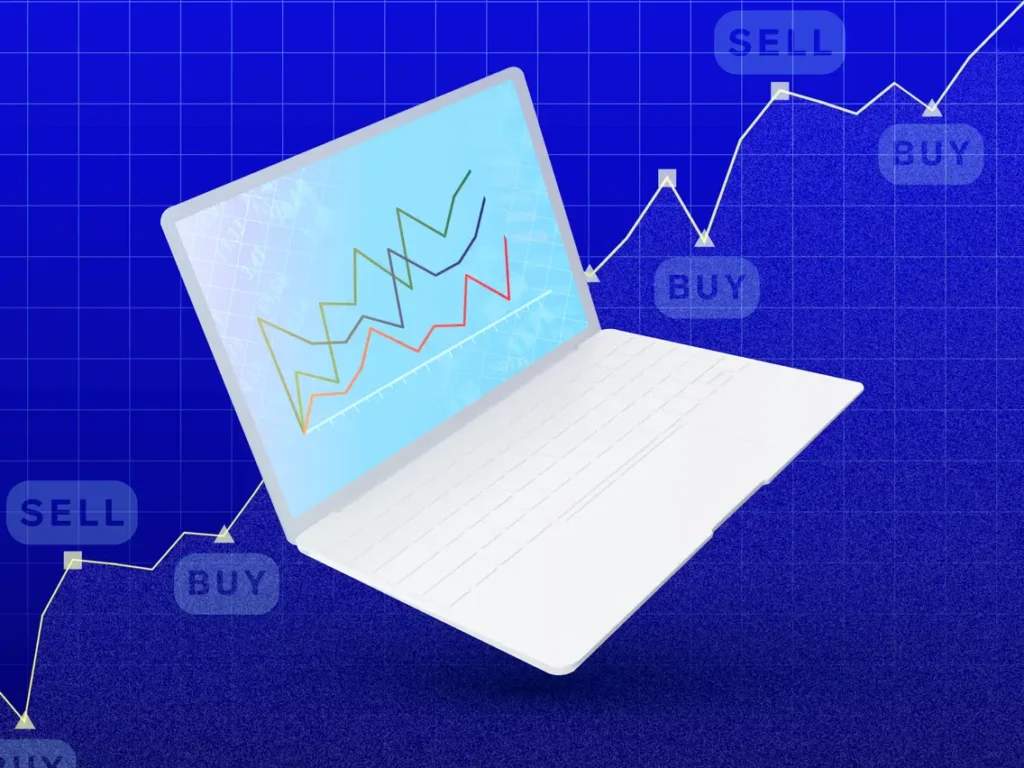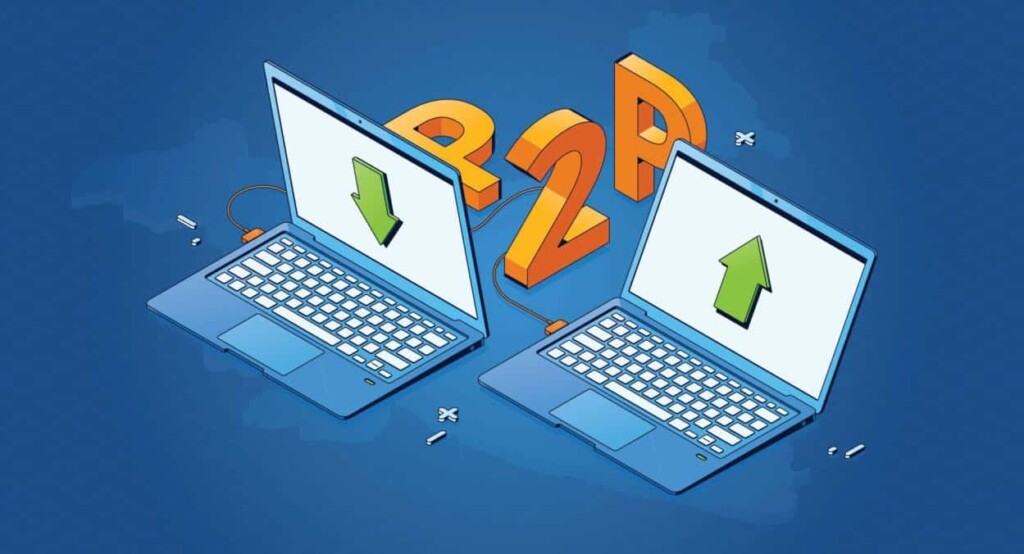

Picture this: back in 1999, you had a spare $500. You decided to put it into NVIDIA when their stock was priced at a modest $12 per share and got 41 shares. Fast forward to September 2023 at $422 a share, and that $500 had morphed into $17,282 — a sum that makes you do a double-take.
But let’s now dwell on the past. Today, you have some cash in hand, and you’re itching to get started on your own investment journey. The big question is: what is the best way to invest 500 dollars?
Building the foundation for investing
So, you’re here thinking, “I have 500 dollars to invest”. But is there a more valuable use for this money — to lay a strong financial foundation? Here are the three key steps to consider:
- Budgeting. Crafting a budget is the bedrock of financial security. It acts as a spending guide and ensures that you stay within the limits of your earning power and potential needs. This budgeting discipline is essential to ensure you have the means to start investing.
- Emergency fund. Life is full of unexpected events like job loss, health issues, major home repairs, etc. To guard against these unforeseen challenges, aim to save enough to cover 3-6 months’ worth of expenses (ideally). Even a small monthly contribution, like $100, should be prioritized.
- Savings. Setting aside money for short-term goals is another foundational step. You’ll have the funds for things like vacations, home devices, or car repairs without having to dip into that $500 set aside for investing.
If all these aspects are in place, then it’s time to dive into investing.
Low-risk investment ideas
For those who value stability and security in their financial endeavors, low-risk investments provide a sanctuary. Here are sources of steady, albeit modest, returns:
High-yield savings accounts
These accounts work just like regular savings accounts but offer much higher interest rates, sometimes up to ten times the national average savings account rate. Depending on the bank, your interest rate may be the same for all balances or increase as your savings grow.
Certificates of deposit
CDs guarantee a fixed return on your money, irrespective of economic ups and downs. Plus, your funds are protected by FDIC insurance. However, CD interest rates are slightly higher than regular savings accounts, and they don’t offer the highest returns compared to riskier investments.
Treasury securities
Treasury securities are short-term debts backed by the government, and their advantage is a fixed rate of interest, offering a stable income. However, when interest rates rise in the market, existing assets become less appealing because their rates don’t keep up.
Stock market investments

In the stock market, there are two venues where you can invest $500 right now:
- Index funds. These are bundles of stocks or bonds that automatically track a specific market index. For instance, the S&P 500 represents a group of 500 major companies in the USA. S&P 500. If you invest in this index fund, your money will be spread across all those companies and reduce risk. It’s a great choice for beginners due to instant diversification and ease of starting with a single purchase.
- Individual companies. If you want a more hands-on approach, you can invest directly in specific companies. You can buy shares of publicly traded companies with your $500, and in some cases, you can even purchase fractional shares. This option carries more risk, but it can lead to meaningful growth if you choose the right stocks.

Exchange-traded funds
An ETF is a collective investment that allows you to spread your money across hundreds or even thousands of assets through a single investment. ETFs come in diverse forms: you can choose ETFs that mirror the entire stock or bond market for broad market exposure, or you can go for sector ETFs that let you focus on specific industries or segments of the market.
What’s convenient about ETFs is that they share a similarity with stocks as they’re traded on stock exchanges.
Retirement & pension plans
Pension plans typically work by paying regular premiums, which are then invested in an asset or fund of your choice over a set period. Once the plan matures, you have three options: you can withdraw the entire amount, purchase an annuity plan for a steady income, or make a partial withdrawal and invest the remaining sum in an annuity plan.
Peer-to-peer lending

P2P lending platforms directly link borrowers with lenders, setting interest rates and terms for the transaction. These websites offer a range of interest rates based on the borrower’s creditworthiness. There are a couple of considerations, though: the possibility of borrowers defaulting on their loans and platform fees.
Long-term outlook: monitoring and adjusting
Every advisor would tell you that it’s vital to keep an eye on your investments over time. Regular check-ins help you see if they’re on track to meet your financial goals. Your willingness to take risks may change and affect how you divide your money among different types of investments like stocks, indices, property, etc.
Overall, as the years go by, you might need to make some tweaks to stay on course.
But there’s a catch: you don’t want to tinker too much. As Rob Smith from Barclays points out:
“The urge to do something can be very powerful at times, especially when investments aren’t performing as expected. However… each time you make changes, there are transaction costs involved, and these costs can have a more significant impact.”
In conclusion, with your $500 ready for action on Binomo, keep in mind that even a relatively small sum like this can go a long way if you approach it wisely. Your initial $500 investment is just the beginning. Over time, as you continue to invest, you’ll be in a great space to make strategic moves and enjoy your financial prospects.
Sources:
I have only $500 to invest. Am I limited to buying only penny stocks? Investopedia
5 Ways to Invest $500, The Motley Fool Ascent
The importance of managing your investments, Barclays






